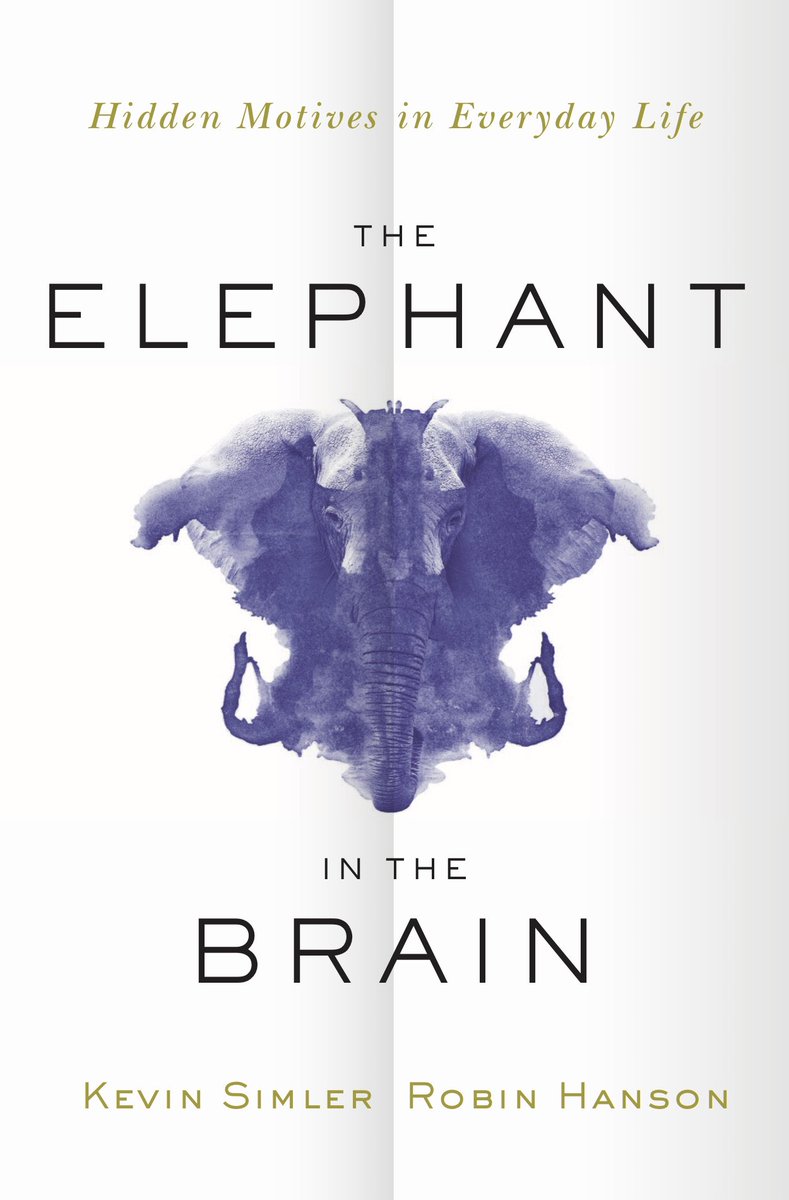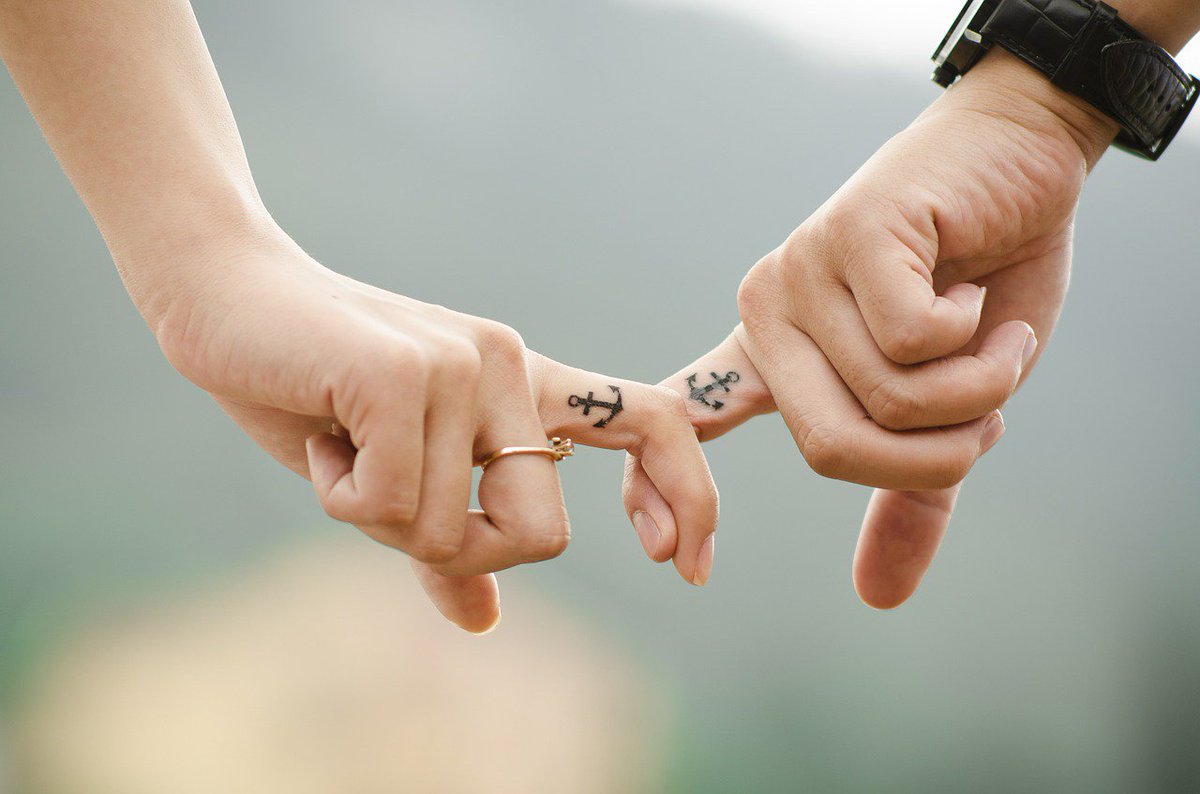Reading @robinhanson and @kevinsimler's new book ‘Elephant in the brain’. Here are my notes and observations from the book.

But of course I won’t say that aloud :)
I blog all my twitter threads on invertedpassion.com (you can also subscribe to get my posts and threads in your email).
RT this thread to feel virtuous or thankful!





